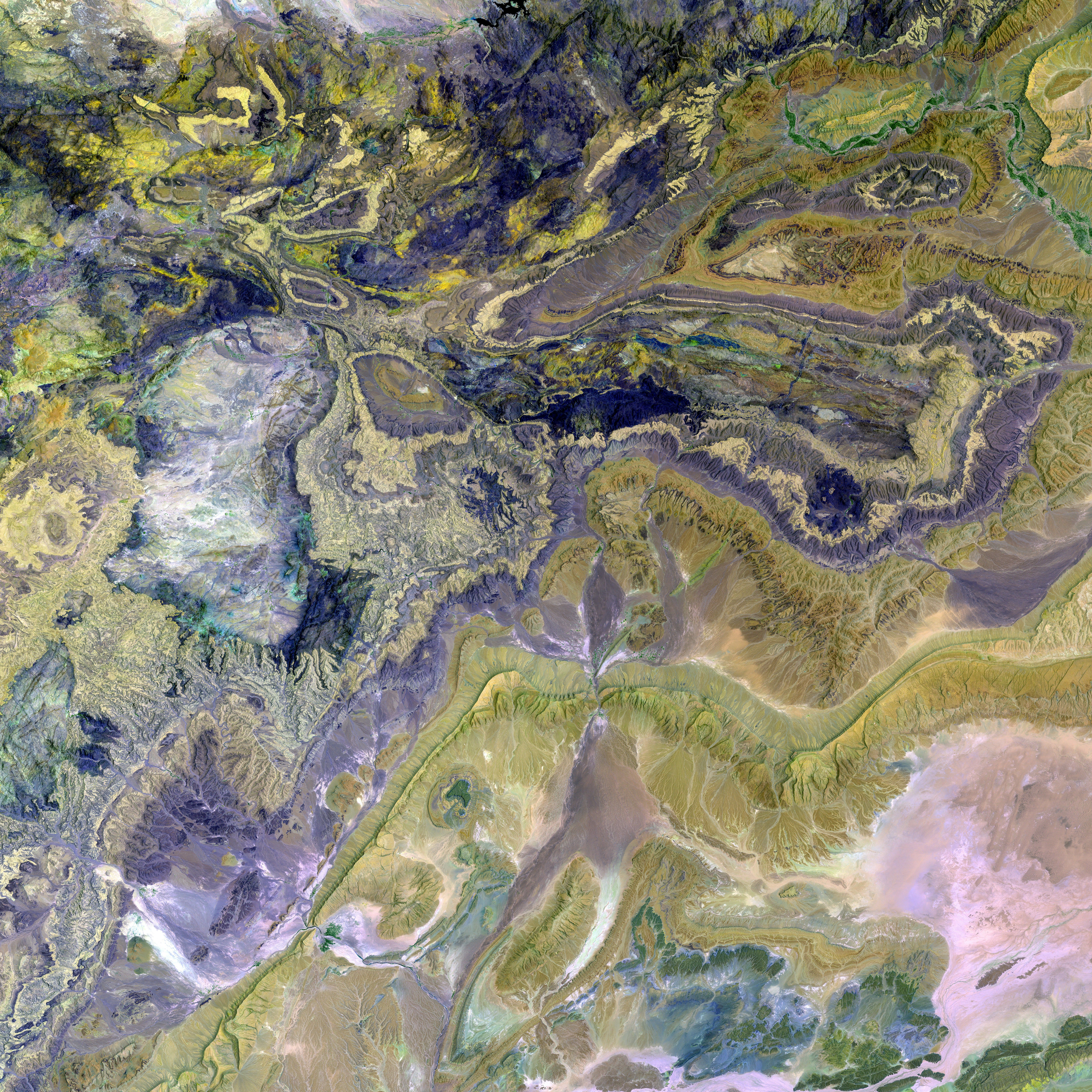Confidential Meetings: Private Discussions and Influence Tactics Used in Papal Elections
In the captivating city of Rome, brimming with blooming jasmine and throngs of tourists, a different kind of activity unfolds. Behind the closed doors of opulent homes, dinner parties, casual chats, and whispered meetings take place, as cardinals gather to determine their next leader – the pope.
Strolling down memory lane, we find ourselves in March of 2013 when Cardinal Cormac Murphy-O'Connor, the former archbishop of Westminster, and other progressive Europeans vigorously advocated for an Argentine Jesuit named Jorge Mario Bergoglio. Their persistent lobbying proved successful, and Pope Francis, subsequently known as 'Papa Francisco,' won on the fifth vote [1].
Fast forward to the present day, and Cardinal Vincent Nichols, who took over from Murphy-O'Connor in Westminster, is not stepping into the spotlight as the go-to lobbyist for Papal candidates.
"Me and Cardinal Cormac – different styles back-to-back," chuckled Nichols, reminiscing during a conversation in the esteemed Venerable English College in Rome's downtown, where he once studied in the '60s [2]. As an introvert contrasting with Murphy-O'Connor's extrovert personality, Nichols finds himself in a more reserved role during this pre-conclave huddle in the Roman capital.
Recently, the cardinals have descended upon Rome to bid farewell to the pope who has now left this earthly realm, and they now gather informally before the start of the conclave set for Wednesday [1].
Between meals of Rome's mouth-watering carbonara, the cardinals engage in conversations to get to know each other, aware that their decisions will shape the future course of the Catholic Church [2]. Nichols explains their meetings involve discussions on the needs of the Roman Catholic Church and the type of person needed to steer it, with all cardinals invited, including those over 80 [2].
With the exception of an afternoon Mass that comprises part of the nine days of official mourning, the cardinals have a free schedule. Some stroll around town, while others dine secretly in local eateries, trying to maintain low profiles [2].
"A picture of the future pope is starting to emerge," said Nichols, as the cardinals reflect on the 12-year reign of Pope Francis and envision the path ahead [2]. They are in search of someone "who even in their disposition not only emanates the depth of the faith but also its openness," he elaborated [2].
In 2009, Pope Benedict XVI appointed Nichols as the Archbishop of Westminster, and when he bestowed him the title of Cardinal in 2014, Nichols became an essential cog in the Vatican machinery, serving on several critical committees, including the influential Dicastery for Bishops [1].
"So far, my experience has been all ears – attentive listening," said Nichols, hinting at his active role in the exchange of ideas among his fellow cardinals [2]. While he declined to discuss his preferred candidate, Nichols suggested a candidate might possibly change his mind based on the conversations recorded during the pre-conclave days [2].
When looking at Francis' legacy, Nichols sees a blend of the more rigid doctrines of St. John Paul II and Benedict XVI's papacies, alongside an appreciation of the multicultural truth of the Catholic Church. Francis made an intentional effort to expand the College of Cardinals, inviting cardinals from far-off places like Tonga and Mongolia rather than the traditional European powers [1].
Established disagreements and divergent opinions may arise, but the cardinals believe that Francis' reforming papacy, which emphasized care for the marginalized and prioritized the planet's wellbeing, required a steadying hand in the form of another papacy [1].
"There's a sense that the initiatives this extraordinary man put forth, they probably do need a little more rooting to ensure stability and continuity," Nichols stated, adding that these ideals should cease to be merely ideas but become deeply ingrained in the Catholic Church's identity [1].
References:
[1] Winfield, R. (2023, March 10). The Guardian. Retrieved March 10, 2023, from https://www.theguardian.com/world/2023/mar/10/vatican-cardinals-meet-before-conclave-to-elect-a-new-pope
[2] Pearson, R. (2023, March 11). The Sunday Telegraph. Retrieved March 11, 2023, from https://www.telegraph.co.uk/debate/2023/03/11/cardinal-vincent-nichols-joins-fellow-cardinals-deliberations/
[3] The Economist. (2023, March 12). Retrieved March 12, 2023, from https://www.economist.com/europe/2023/03/12/cardinal-vincent-nichols-has-shouldered-high-expectations
[4] Catholic Herald. (2025, March 27). Retrieved March 12, 2023, from https://catholicherald.co.uk/issues/pope-leo-xivs-election/
- In contrast to the political maneuverings and lobbying of the past, Cardinal Vincent Nichols prefers to maintain a more reserved role during this pre-conclave huddle, finding solace in attentive listening instead of advocating for a particular candidate.
- As the cardinals engage in conversations over Rome's famous carbonara, discussing the future course of the Catholic Church, Cardinal Nichols expresses his hope for a candidate who embodies both the depth of faith and its openness, reflecting a blend of traditional doctrines and appreciation for the multicultural truth of the Church, much like Pope Francis did during his reign.








